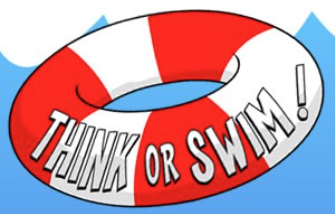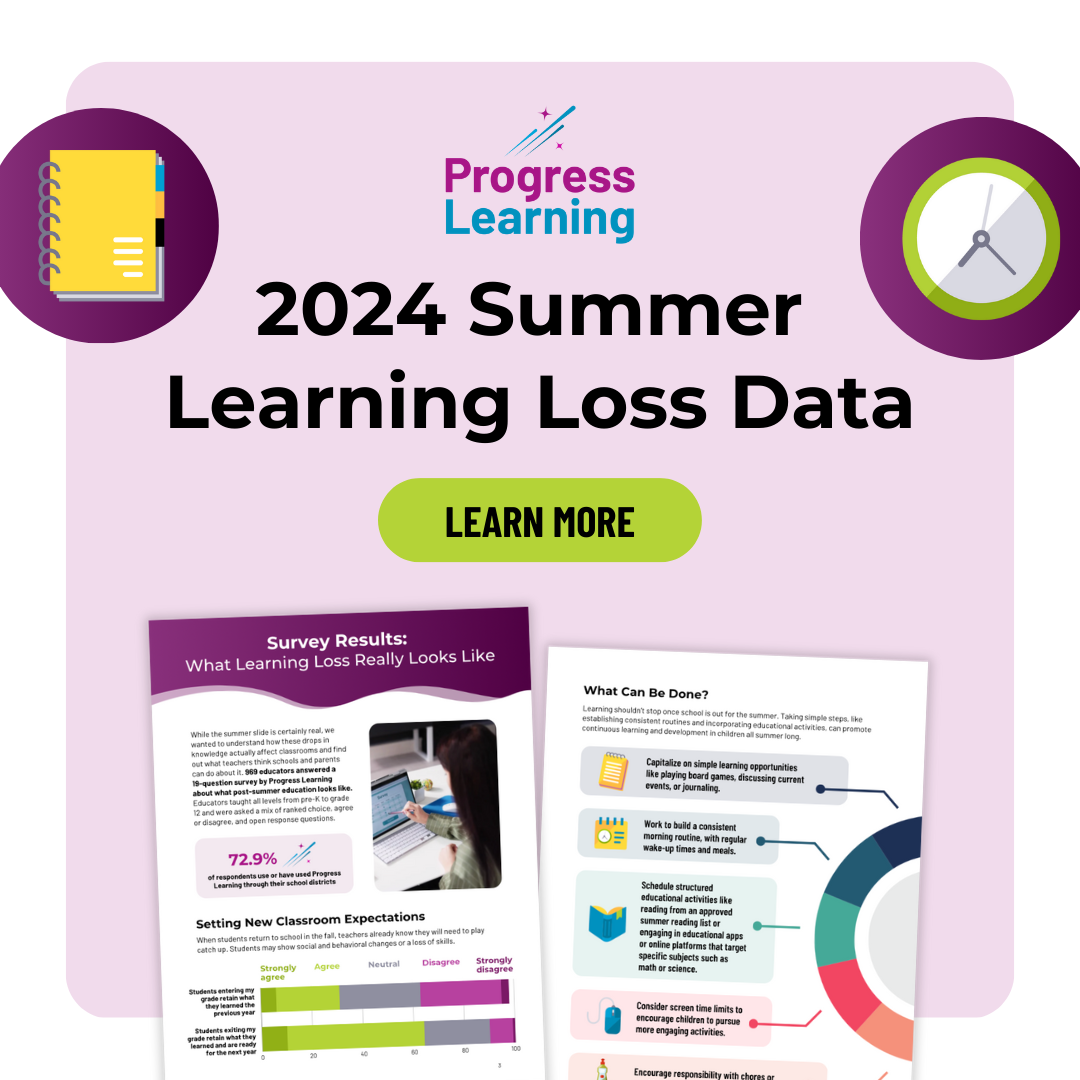The Impact of Liftoff — And What Happens When You Lose Access To It
What happens when you lose access to Liftoff Adaptive Intervention? Unfortunately, this was the case for Sophia Brown, M.Ed., a proud Progress Learning ambassador, blog author, and Literacy Specialist at Plano ISD.
She used to be an elementary school teacher at Dallas ISD (which was subscribed to Progress Learning) but lost access when she transitioned to a new district. Sophia is on a trial of Progress Learning now and has limited access. She is currently working to bring the program to her new district.
Let’s take a look at how she used to implement Liftoff and the effects she’s feeling now that she doesn’t have access to it anymore.
Sophia’s Experience with Liftoff
Sophia started using Liftoff, an adaptive intervention program for math and reading in grades 2-8, at Dallas ISD in 2019. She says that Liftoff was instrumental in meeting the diverse needs of her students, especially those who were below grade level or in special education. “A couple of years ago, when Liftoff really started to be implemented in my classroom, I saw a huge change when I was able to meet the needs of my learners that were not on grade level,” Sophia recalls.
The program allowed her students to log in, complete an assessment to identify their current level, and then work through a TEKS-aligned study plan that was tailored to them. The Liftoff study plan looked nearly identical to the Progress Learning study plan, which helped maintain the students’ dignity and engagement. “They were able to still play the same game, still have the same type of avatar, still the same feel. But I feel like it protected their integrity, too, because it wasn’t super kiddy,” Sophia explains.
Liftoff also took a lot of the manual work off her hands as a teacher. It allowed her to pull reports and vertically align plans based on students’ assessment data. “We could look at the students’ STAAR data and we could look at the TEKS, and we could go in and create some assignments based off of that. Liftoff really helped because it differentiated the work for you. You didn’t have to go in and create the plan. The plan was already there for the kids. They just had to log in.”
Day-to-Day Implementation
Sophia made Liftoff a daily staple in her classroom. Her students used the program twice a day so they could work in both reading and math during their technology stations. She considered the platform as an additional opportunity for students to practice and reinforce their skills after whole-class instruction.
Sophia would also use the program to pull reports and group students based on performance. But, she emphasized, doing this required consistency. “When I’m pulling my data, I can’t just do it sporadically. If you want to see the maximum results, you’re going to have to make sure that you’re consistent. You can’t just log in once or twice a week, you have to have consistent data usage in there.”
In addition to consistency, she says that teacher buy-in is equally important. “Your students are going to buy in if you’re buying in. It’s just like any lesson or method or curriculum you’re using, you have to internalize it, and once you internalize it and believe it, it becomes a second language for yourself. It does the same for your kids.”
Using Goal Setting to Close Learning Gaps
Sophia is a big believer in beginning with the end in mind and goal setting. She would use Liftoff to set goals, which drastically helped her students close learning gaps. She would create a goal tracker that was based on the scope and sequence of Liftoff. Students would record their goals, then work on their assignments or study plan in Liftoff and earn Galaxy Stars for all their hard work. To motivate students further, Sophia’s campus had a wall of Galaxy Stars. Students were excited to reach their goals, earn Galaxy Stars, and showcase their achievements on the wall.
The results of this goal setting? “We saw growth,” says Sophia. Students were taking responsibility and attending to their work because they could see how many Galaxy Stars they had and were constantly striving for more. “I had students who were special education students that were making their goals… We really saw the gaps starting to get narrower and narrower. I would say that at least 70% to 75% of them had growth.”
Training Teachers
How did Dallas ISD ensure educators were successful with the program? Sophia says she was fortunate to have great trainers from Progress Learning who would come to their campus “every year, and they would model how to use it within their lesson plans and stations. It was easy to onboard everybody really.”
But our trainers weren’t the only ones with knowledge. Often, the students would provide tips on how to use the platform. “They taught me some things, like, ‘Oh no, Ms. Brown, you could hit the spacebar,’ or something crazy like, ‘No, use the arrow button, don’t use the mouse.’”
Losing Access to Liftoff
Transitioning to a new district without access to Liftoff has been a challenge for Sophia. She particularly misses the robust data and reporting. “Now that I do not have Liftoff, it is definitely a struggle because I’m not able to have that insight into where my kids are.”
She notices that it’s much harder to keep students engaged and it’s even taken a toll on her instruction. “I definitely see a difference in my instruction because now I’m having to rely on other data methods and resources that are not as well aligned with our skills and standards as Progress Learning and Liftoff.”
Even students who lost access to Liftoff feel the effects. Sophia recounts how some of her kids would talk about how their middle school didn’t have Progress Learning. “When they went to sixth grade, they were like, ‘Ms. Brown, we don’t have Progress Learning!’ and I was just like, ‘I know, I’m sorry!’”
Thank you so much, Sophia, for sitting down and talking with us about Liftoff. We sincerely hope your new district subscribes to Progress Learning so that you and your students can get back to learning with Liftoff.
Learn more about Liftoff Adaptive Intervention here.


